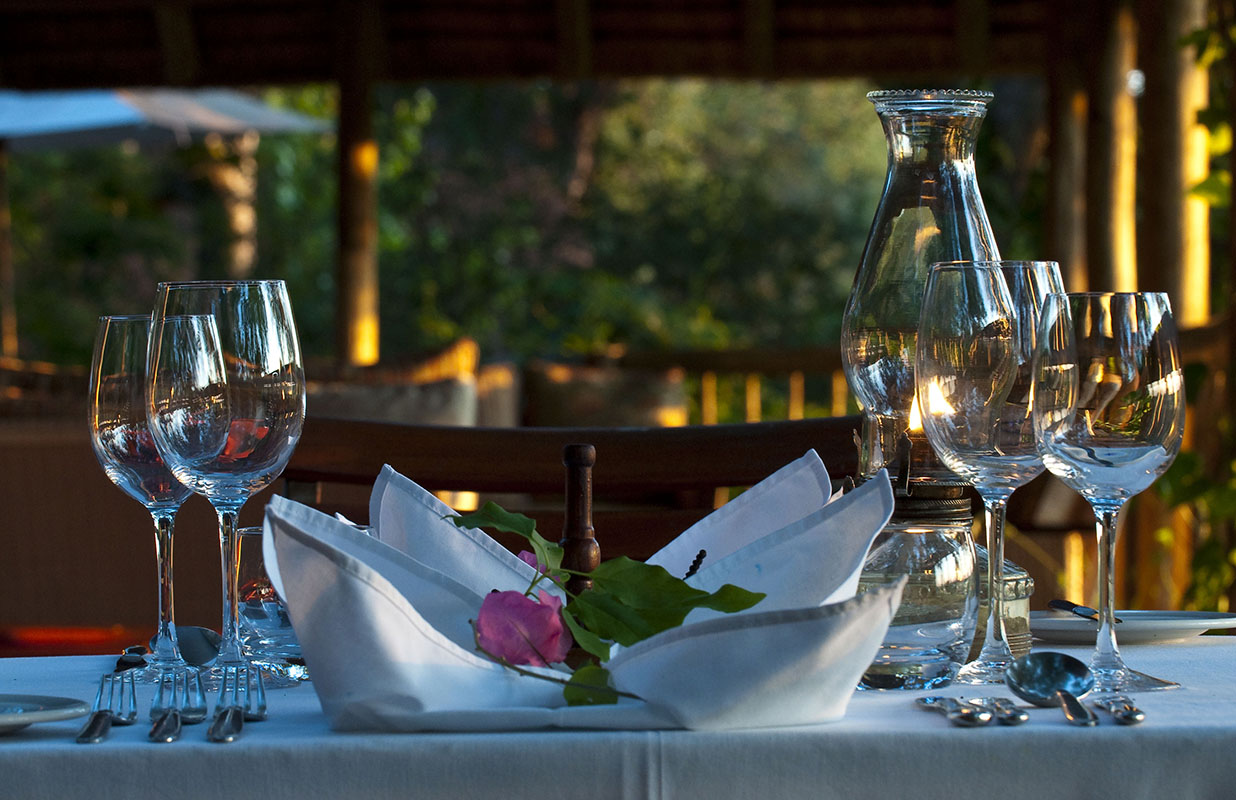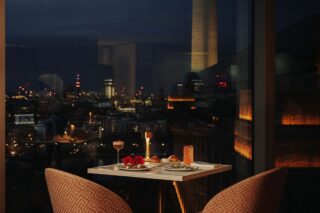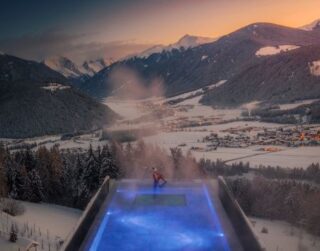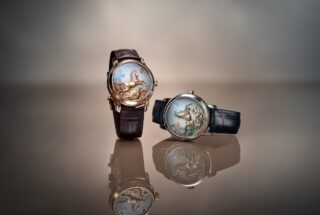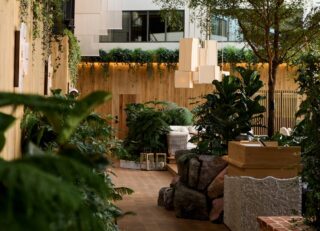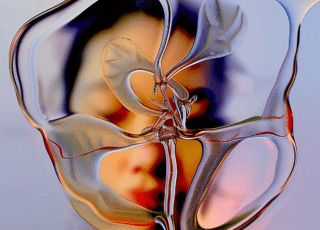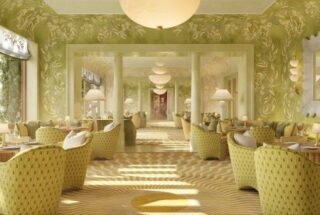This website uses cookies so that we can provide you with the best user experience possible. Cookie information is stored in your browser and performs functions such as recognising you when you return to our website and helping our team to understand which sections of the website you find most interesting and useful.
How South African Stellenrust Estate is innovating red wine with Sabi Sabi’s unique ‘Bush Maturation’ process
By Michelle Johnson | 28 August 2018 | Food & Drink, Travel
Sabi Sabi Private Game Reserve tells Tempus how its partnership with the prestigious vineyard is revolutionising the country’s wine
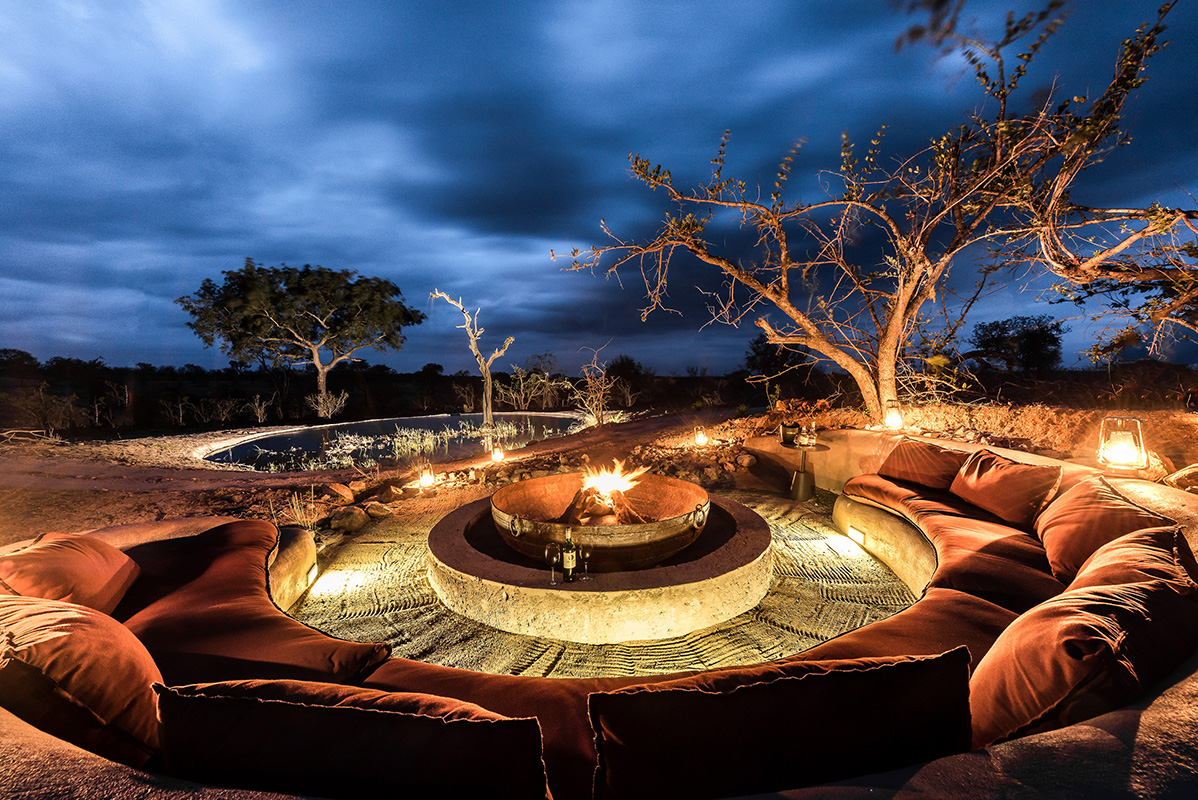
When Sabi Sabi Private Game Reserve opened its doors to tourists seeking sustainable, luxury safari 39 years ago, it knew that any luxury offering would need a wine selection as remarkable as its wildlife. Turning to the Stellenrust Estate in 2010, one of the country's largest family-owned estates operating since 1928, Sabi Sabi soon embarked on a collaboration that would see the label become the lodge's wines of choice.
But the collaboration didn't end there. In 2012, the two family-run companies decided to experiment with an innovative 'Bush Maturation' process that would take the estate firmly in house. Panned by experts, Stellenrust trialled maturing wine in a controlled, tropical climate. The wine was aged in two 225 litre French oak barrels housed in the Sabi Sabi Earth Lodge Wine Cellar at a temperate 18˚C – one barrel containing a shiraz and the other a cabernet sauvignon.
"During harvest time in 2012 – when our owner was visiting the estate – the two families discussed, in jest, the idea of doing something no one had ever attempted: placing two barrels filled with wine in the Earth Lodge wine cellar and let nature take its course," Sabi Sabi director Jacques Smit told Tempus. "All the experts said it could not be done – even one of the Stellenrust's regularly consulted wine experts advised against it."
Four years later, with a thumbs up from Stellenrust's cellarmaster Tertius Boshoff, the limited-edition wines have become a rare stable of the Earth Lodge Private Collection, available only to Sabi Sabi's VIP guests. "The hand-bottled Shiraz is really big, with bold plum spices, while the Cabernet Sauvignon is thick, textured in an explosive mid-French style," Boshoff told Tempus. " They give tremendous drinking pleasure and what makes them even more pleasurable to drink is the fact that these two wines must be written up in the history of luxury experienced in the Bush." >>
Related: Sabi Sabi Safari Lodge remembers how Nelson Mandela won a stand off with an elephant
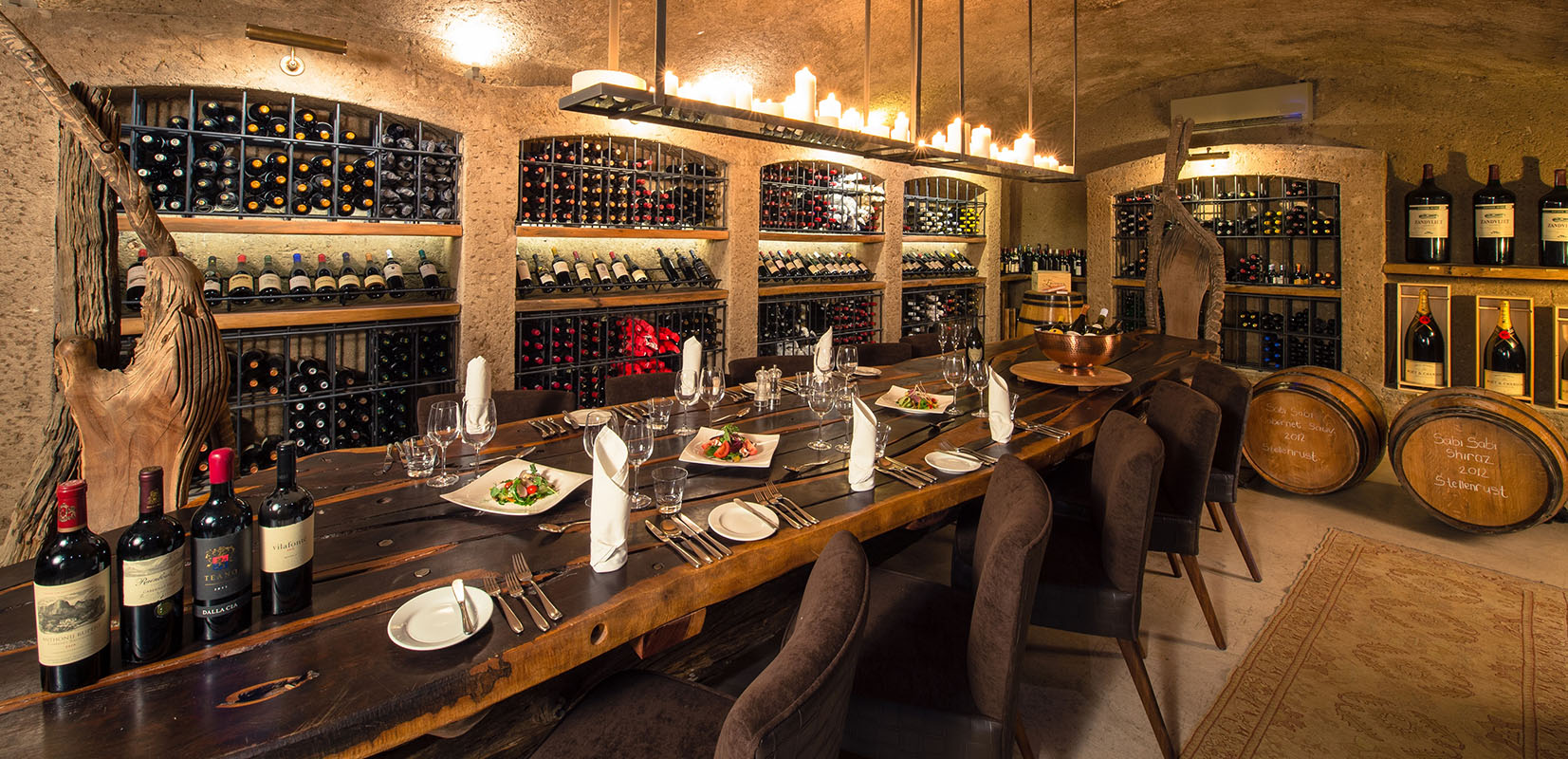
Boshoff is certain that it is only the beginning for 'Bush Matured' wines. "Since our families joined forces it has been a project of great mutual collaboration and support. We both have a great sense of community and culture, and believe in giving back," Boshoff told Tempus. "Now that we know the process works, this is a project we will most definitely be considering."
For the cellarmaster, truly great wine must meet very simple criteria: "A drinkable, well-palatted wine always wins. And, being a bit biased, South African wine is some of the best."
Smit agreed. "Certainly, we have so many amazing wines in our country, produced from exceptional vineyards. Sabi Sabi's philosophy has always been to showcase exceptional wines from smaller, boutique estates – wines with a story. Our selection process is very detailed to ensure that we have the best of the best that South Africa has to offer. Our wine cellar is stocked with that in mind.
"Sabi Sabi aims to offer our guests a unique experience. Their whole trip is made up of unique sightings, stories and experiences shared by their rangers and trackers," he said. "From a food and beverage point of view, we try to incorporate the same experience – therefore over and above the few well-known names stocked in our cellar we also incorporate smaller 'off the beaten track' boutiques wineries. These wines are up there with the best of the best and there is always a unique story to accompany these wines."
Related: Ben Walgate on his new organic wine venture and stepping away from the copycat trend
